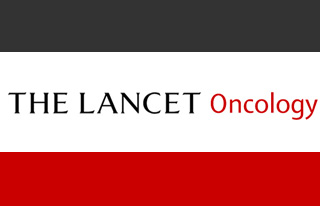
As part of the investigation, 148 patients suffering from advanced forms of NSCLC who expressed the gene MUC1 with performance score 0 or 1, were incorporated in the open label phase 2B study. Among those, 74 were in the combo therapy set and were given TG4010 along with cisplatin and gemcitabine steadily every 3 weeks until 6 cycles.
On the other hand, 74 patients in the control group were administered just chemotherapy. Patients were categorized on the basis of dynamic minimization process. The threshold point was 6 month-progression-free survival (PFS) with the objective rate being 40% or above in the trial group. The experiments were conducted in an intention-to-treat basis.
The results showed that the 6-month PFS was apparently 43.2% in the TG4010 plus chemotherapy group and 35.1 in the group exposed to chemotherapy alone. Side-effects like fever, abdominal pain, injection-site pain seemed to be more incident in the TG4010 group as compared to the latter set. Some other severe events that surfaced were anorexia, neutropenia and pleural effusion. About 38 of 73 participants in the combo group and 34 of 72 in the chemotherapy group appeared to suffer from a minimum of one acute serious event.
The phase 2B trial shows that TG4010 seemingly improves the influence of chemotherapy in advanced NSCLC. In order to affirm this hypothesis a phase 2B-3 trial has been introduced.
